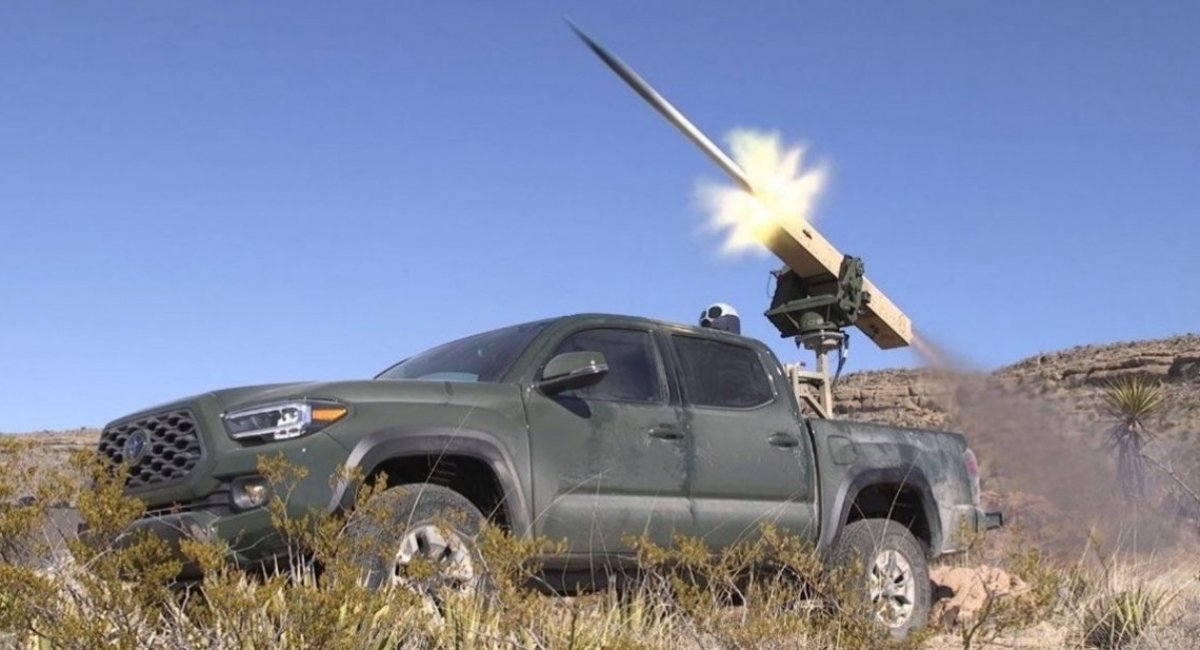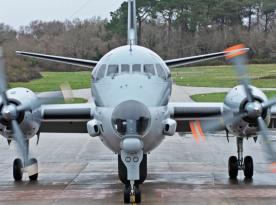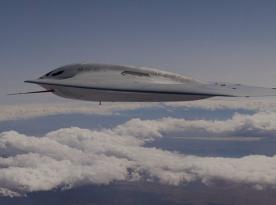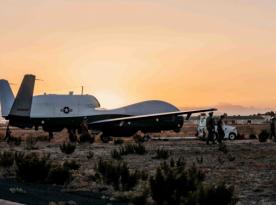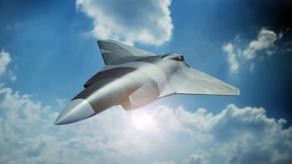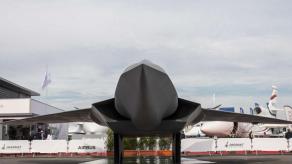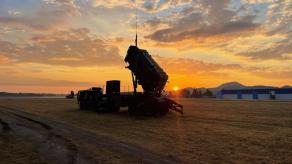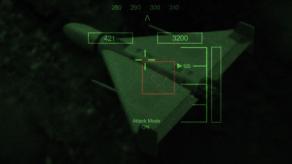Wednesday, August 13, 2025, the United States announced the signing of a new contract with Nigeria for the sale of aviation weapons. The contract is valued at $346 million.
Specifically, the deal includes 1,002 MK-82 bombs and 1,517 kits to convert MK-82 and MK-81 bombs into precision-guided munitions with semi-active laser guidance, the Paveway II GBU-12 and Paveway II GBU-58, respectively. These kits consist of fuzes, computer blocks, and wing assemblies.
Read more: Additional $4.23 Billion Will Increase GMLRS Production for HIMARS Until 2027 — But Will It Be Enough?
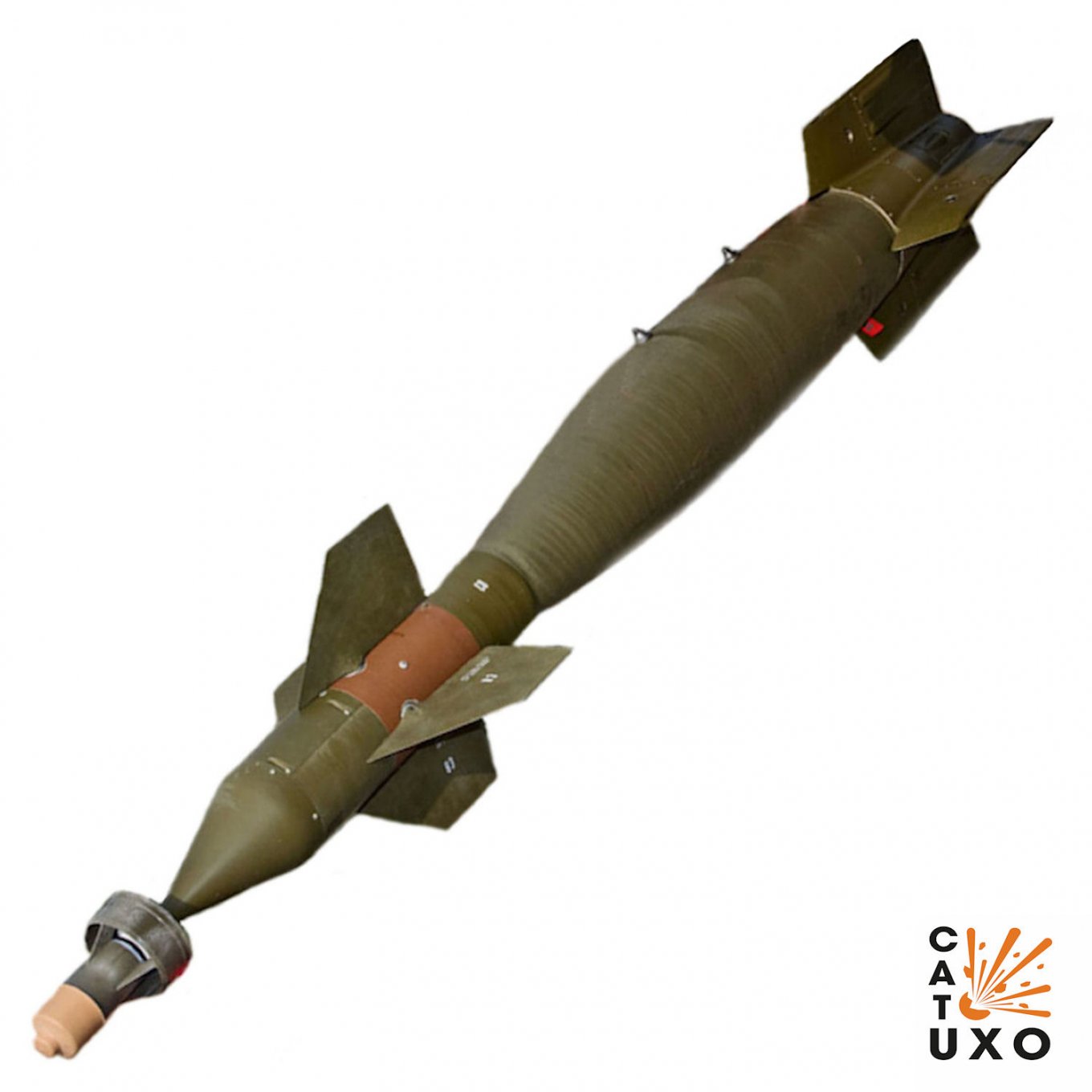
In addition, the contract includes 5,000 APKWS II guided rockets. Most likely, all of this weaponry is intended to arm Nigeria's Embraer EMB 314 Super Tucanos — light aircraft capable of deploying such weapons. Nigeria currently operates 12 of these planes.
What stands out in this contract is the sale of as many as 5,000 APKWS II rockets, as these rockets are urgently needed by Ukraine to defend against Shahed-type attack UAVs. These rockets are well-suited for intercepting Shaheds and other similar drones thanks to their relatively low cost. Recently, the Ukrainian Navy even used them to shoot down a Kh-59 missile.
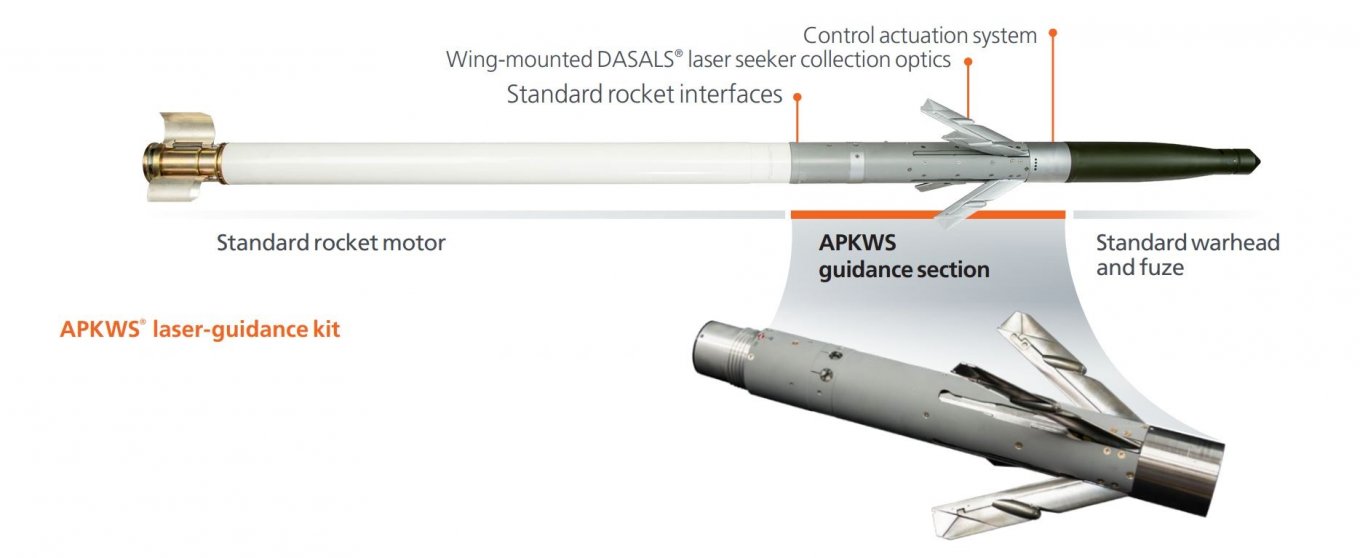
APKWS II are created by converting unguided Hydra-70 rockets into precision-guided weapons through the installation of a guidance kit between the warhead and the rocket motor. Initially designed as air-launched guided rockets, they were later adapted for ground-based launchers such as the Vampire system, which the U.S. developed specifically for Ukraine after the full-scale invasion began.
It is worth recalling that in June 2025, the U.S. redirected fuzes for 20,000 APKWS II rockets — initially intended for Ukraine — to its forces in the Middle East to repel iranian attacks. But is the situation as critical as it might seem?
In fact, both Hydra-70 rockets and APKWS II are relatively inexpensive, and their production is likely well-scaled. Therefore, this new contract with Nigeria is unlikely to significantly affect deliveries of these rockets to Ukraine.
Moreover, regarding the redirection of 20,000 APKWS II fuzes, it is important to note that these were special proximity fuzes designed to enhance the rockets' effectiveness against drones. However, even with standard Hydra-70 fuzes, APKWS II can still operate effectively and strike targets.
Read more: Ukraine's "Flamingo" is the FP-5 Missile With 3,000 km Range and a One-Ton Warhead




